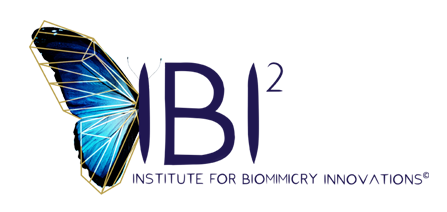Studying in a neighboring country and gaining practical experience is very valuable. Director Sandra Baan of Venlo-based IBI² notices this when she supervises German students in the Netherlands. "Both cultures complement each other well."
The "High Potentials Crossing Borders" project brings students into contact with the regional cross-border labor market and the companies located there. Through the mentors, the companies establish new contacts with potential employees and managers.
The project comprises both student training programs and practice-oriented research assignments in collaboration with various companies in the region. The core of the project is the mentoring process: Students are supervised and coached by a mentor for eight months.
One of the mentors is Sandra Baan, owner and founder of IBI2 in Venlo, a company that supports entrepreneurs around the world make their product designs and business models more sustainable.
To complement each other among neighboring countries, you need to get to know each other.
Germany has always been important, Baan says. "Not only for the company, but also for me personally. My husband was born in Germany. In the meantime, the cultural differences became smaller. Where in Germany business contacts used to be very formal, now it's a bit simpler and more direct."
In international projects, she finds that neighboring countries are a good match. The German thoroughness, the technical knowledge. The Netherlands brings a lot of creativity and innovation. It's a good fit, and we notice that when we work with R&D departments."
It is valuable to gain practical experience in the neighboring country.
It's extremely valuable for students to get a taste of their neighbors' culture during an internship, Baan says. "You get something out of that for the rest of your career. Not every student manages to adapt. But those who do succeed can soon work easily on both sides of the border."
IBI² employs people from a wide range of disciplines. From biologists, ecologists, risk managers, mechanics to engineers. "We have a very broad base, but our starting point is nature."
Getting used to each other.
As far as Baan's concerned, the Corona crisis is a good time to take a particularly critical look at its own business model. "We help with that at a strategic level, where you can make it sustainable. Solar panels are fine, but that doesn't necessarily make you sustainable. We look at all facets, analyzing inputs and outputs."
Baan enjoys mentoring German students. "It's very exciting for them to work in the Netherlands. They have to get used to the different mentality and often bring discipline and a good attitude. It's a good match."
Contributors to this article were:
- Production: Emma van Harten and Leandra Marzluff.
- Partnerships: Derk Marseille
- Edited by Bertus Bouwman and Peter Oehmen (linguistic adaptation).
- Source Niederlande nachrichten
